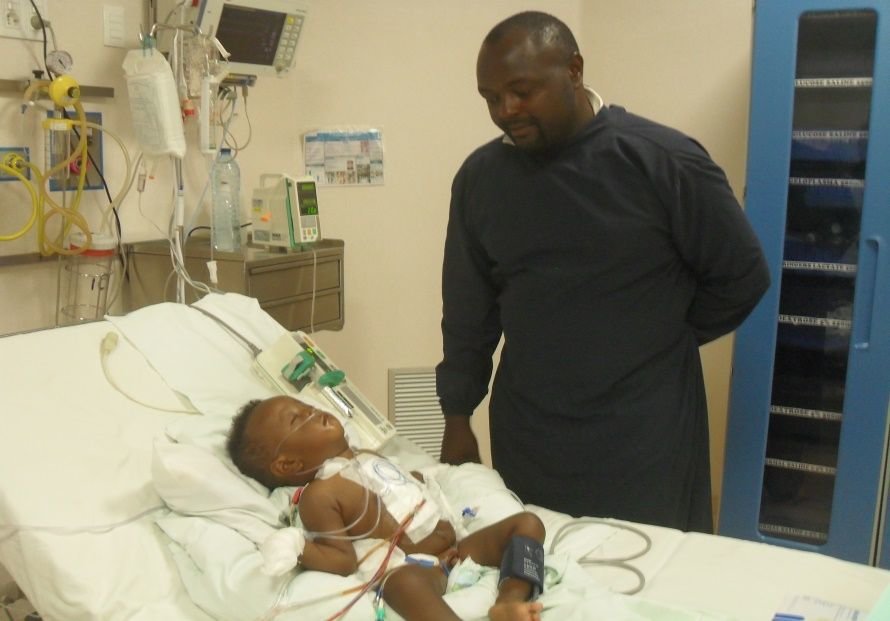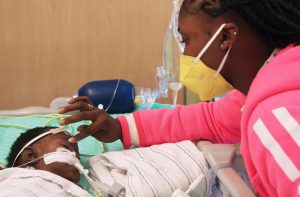Free Heart Surgeries Bring New Hope to Zimbabwean Families

In a brightly lit intensive care unit at Parirenyatwa Hospital in Harare, 3-year-old Gracious Chikova lay with tubes and monitors tracing her fragile recovery. Her small chest, wrapped in bandages, rose and fell steadily on a stark contrast to the life-threatening condition she had endured just a day earlier. Surgeons had opened her heart to correct a defect that, without intervention, might have taken her life.

Sitting beside the bed, her mother, Vimbainashe Chakanungwa, gently fed her daughter liquid from a syringe. “I had given up,” she admitted. “Parents who can afford it take their children to India for surgery, but I could never dream of paying that much.” A teacher earning about $300 a month, Chakanungwa struggles to cover daily living costs, let alone the $15,000 price tag for overseas surgery.
Gracious was one of 10 young patients who underwent free open-heart surgery in July, thanks to a collaboration between visiting Egyptian surgeons and Zimbabwean specialists. In a country where there are only a few trained cardiothoracic surgeons and public hospitals face chronic shortages of equipment, such medical “heart camps” are a lifeline.
Zimbabwe currently has just five cardiothoracic surgeons, of which Dr. Kudzai Kanyepi is one of the nation’s first and only female heart surgeon. “Surgery is the only cure for many of these conditions,” Kanyepi said. “Without it, children continue to suffer, and too often, they die. We keep working here because there is nothing greater than helping your own people.”
The country only resumed open-heart surgeries in 2023 after a five-year pause caused by economic instability. Since restarting, local doctors have performed 55 operations on children. Another 19 patients have been treated through two special surgical camps. One last year and another this July, organized with Egyptian partners and supported by organizations such as Gift of Life International.
According to the U.S. Centers for Disease Control and Prevention, about one in every 100 newborns worldwide is born with congenital heart disease, making it the most common birth defect. In Zimbabwe alone, roughly 4,500 babies are born with heart defects each year. Without treatment, about 30% – (around 1,200 infants) are likely to die before their first birthday, said Dr. Simukayi Machawira, head of cardiology at Parirenyatwa Hospital.
For many families, these free surgical programs are the only hope. “In much of Africa, private treatment is simply out of reach,” noted Dr. Hesham Shawky, the Egyptian team leader, who has run similar missions in Kenya and Uganda.
In the hospital ward, the atmosphere mixed relief and exhaustion. Mothers leaned over their recovering children, nurses monitored beeping machines, and one baby slept peacefully beside a balloon marked with a smiley face.
For Chakanungwa, watching her daughter regain strength is nothing short of a miracle. “I can’t express my gratitude fully,” she said with a smile. “I was terrified I might lose my baby. But now, here she is, back to life.”






